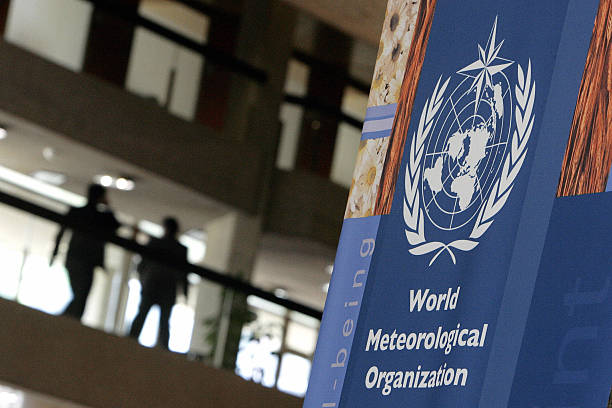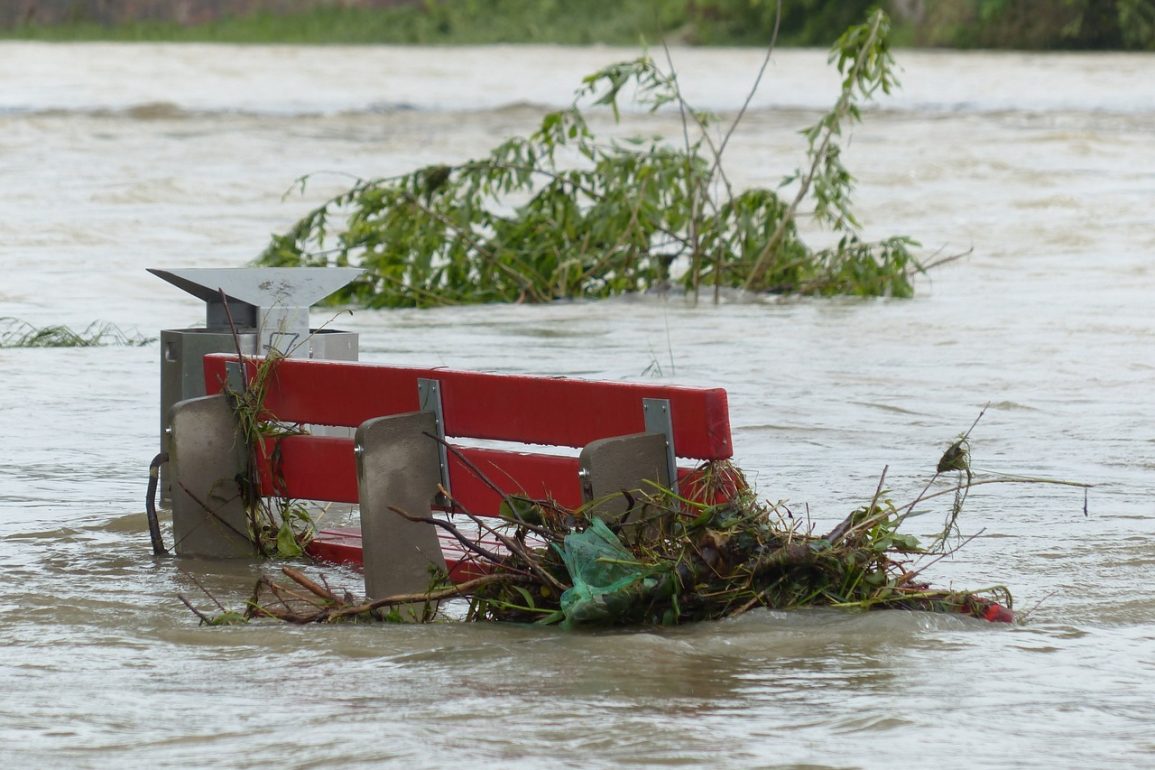Economic damage from weather- and climate-related disasters is escalating, despite improvements in early warnings reducing the human toll, the U.N. weather agency reported on Monday.
The World Meteorological Organization (WMO) updated its report, highlighting nearly 12,000 extreme weather, climate, and water-related events in the past 50 years.
These events have resulted in over 2 million deaths and caused $4.3 trillion in economic damage. The WMO emphasized the need for better alert systems for extreme weather by 2027 at its four-year congress among member countries.
“Economic losses have soared. But improved early warnings and coordinated disaster management have significantly reduced the human casualty toll over the past half-century,” WMO stated, noting the continuing trend of rising economic damage.

The Geneva-based agency attributes the increased frequency and intensity of extreme weather, such as floods, hurricanes, cyclones, heat waves, and drought, to man-made climate change. Early warning systems have been credited with reducing deaths from these catastrophes.
Between 1970 and 2021, the United States bore the brunt of economic damage, totaling $1.7 trillion, while 90% of deaths occurred in developing countries. Relative to GDP, developing countries experienced greater economic impacts.
WMO Secretary-General Petteri Taalas highlighted the recent Cyclone Mocha in Myanmar and Bangladesh as an example of how vulnerable communities suffer most from weather-related hazards.
“In the past, both Myanmar and Bangladesh faced death tolls in the tens and even hundreds of thousands,” he said. “Thanks to early warnings and disaster management, these catastrophic mortality rates are now thankfully history. Early warnings save lives.”
WMO’s update to its Atlas of Mortality and Economic Losses from Weather, Climate and Water Extremes indicates that tropical cyclones are the primary cause of reported human and economic losses.
In Africa, over 1,800 disasters caused 733,585 deaths and $2.1 billion in damages. The southwest Pacific experienced nearly 1,500 disasters, leading to 66,951 deaths and $185.8 billion in losses.
Asia faced over 3,600 disasters, resulting in 984,263 deaths and $1.4 trillion in economic losses. South America saw 943 disasters, causing 58,484 deaths and over $115 billion in losses.
North America, Central America, and the Caribbean had over 2,100 disasters, resulting in 77,454 deaths and $2 trillion in losses. Europe experienced nearly 1,800 disasters, leading to 166,492 deaths and $562 billion in losses.
Last week, the WMO forecasted a 66% chance that within the next five years, the Earth will experience a year that averages 1.5 degrees Celsius warmer than in the mid-19th century, reaching a critical threshold targeted by the 2015 Paris climate accord.

